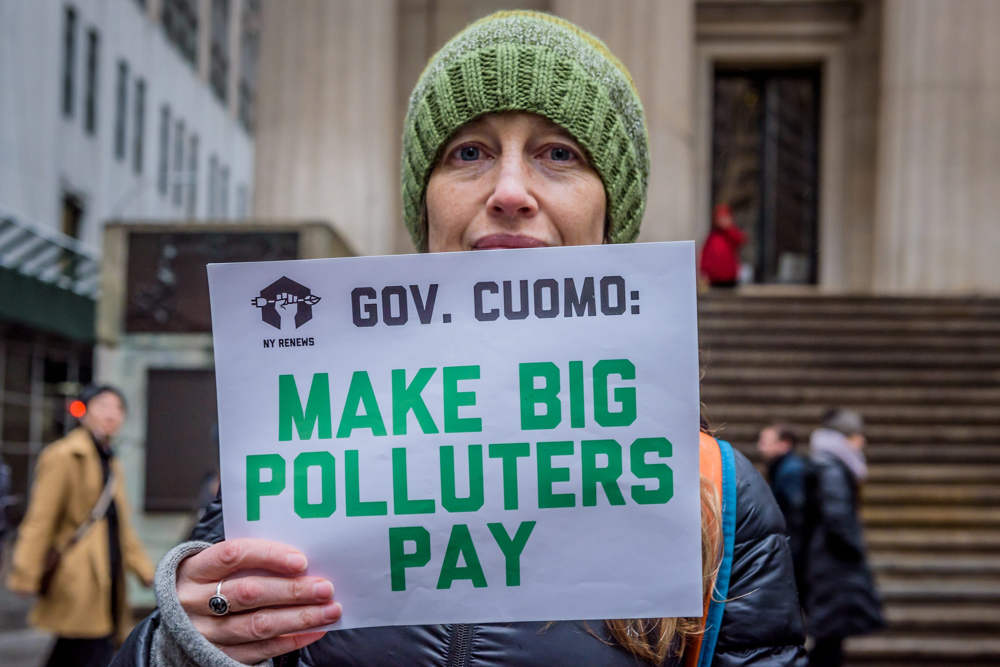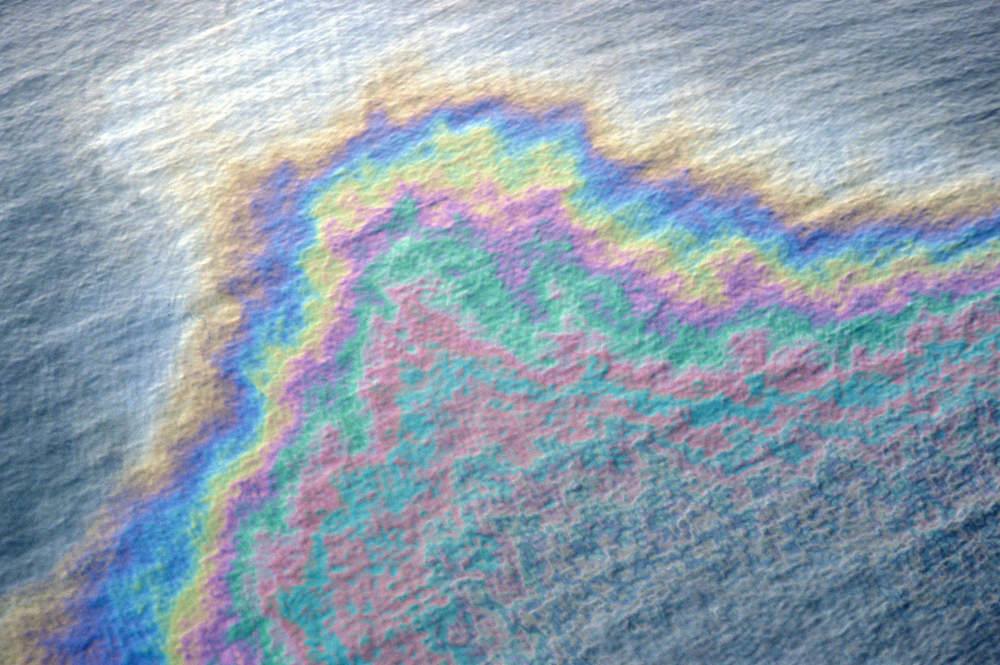Saturday 17th July 2021
At the moment, several climate lawsuits dealing with the pollution of the atmosphere by emissions of CO2 and other gases are either pending before the European Court of Justice, and other national European courts (the Netherlands, Germany, Austria etc.), or have already been won. The plaintiffs, mostly young people active in the global www.fridaysforfuture.org climate justice movement, see their very future threatened by climate change. Oil production companies and refineries like the American ExxonMobil (BP, Shell, Galp etc.) and banks such as the English Standard Chartered which continue to finance the construction of coal-fired power plants worldwide, are partly responsible for the shift towards climate extremes. “Let’s give the polluters concrete names and faces,” says Greta Thunberg.
71% of the world’s CO2 is emitted by 100 multinational companies. The increase in CO2 in the air (419 ppm) and other gases in the atmosphere caused by human activities creates what has come to be called “anthropogenic” global warming. This has a major impact on ecosystems: heatwaves, record temperatures, droughts of increasing severity and frequency, uncontrollable forest fires, heavy rains with floods and storms, ocean acidification, loss of flora and fauna biodiversity, water and food shortages, infrastructure failure, climate refugees and social conflicts. These consequences of climate change directly affect the daily lives of many millions of people, becoming more frequent and more severe with each passing year, as words are not followed by concrete action.
Over the last 200 years, multinational corporations have extracted more and more coal, oil and natural gas from the earth, while their end customers, mostly motorists, have bought these fossil fuels and burned them in engines, blowing more and more carbon dioxide (CO2) into the air. This carbon dioxide remains in the atmosphere for many years, trapping heat and speeding up global warming. The current lawsuits in the courts are dealing with the 2015 Paris Intergovernmental Climate Agreement, which stipulated that emissions of CO2 be capped, verified and reduced so that temperatures do not rise above 1.5 degrees Celsius. This target refers to a shared intention to limit the man-made global increase in temperature due to the greenhouse effect to 1.5 degrees, calculated from the beginning of industrialisation around 1850 to the year 2100.
In my fictitious trial before the International Court of Justice, which is keeping me constant company in my thoughts, representatives of states which no longer exist are also suing because their territories have sunk below rising sea water levels or been destroyed by tropical storms. Vanuatu is one of those states, consisting of 83 islands and almost 270,000 inhabitants in the Pacific Ocean. Vanuatu became independent in 1983 and was the 183rd state to join the UN, only to be razed to the ground by a tropical storm. Or take the smaller Tuvalu, with its population of just under 12,000, which is currently sinking into the sea. New Zealand has agreed to give the inhabitants of the islands climate asylum. Vanuatu and Tuvalu have joined Fridays for Future’s lawsuit before the International Criminal Court. Whereas in the past, the ICC would accuse and sentence potentates and war criminals from the former Yugoslavia, today it’s former business leaders and CEOs of public companies whose decisions made them partly responsible for climate change. Despite knowing that their decisions to increase the production of fossil fuels would fuel extreme weather events, they accepted the consequent damage to the climate.
Let’s fast-forward now to the Year of the Lord 2025. „Criminal intent” or “gross negligence” was the question we posited at the beginning. The issue is man-made climate change due to the activities of the energy, agriculture, forestry and industrial sectors, but also the transport and building sectors – all of which emit greenhouse gases the effects of which have been known since 1979. Now Darren Woods becomes the first CEO of a multinational corporation to be confronted with claims for damages. Amounting to 25 billion dollars, these claims represent two and a half times the profit this firm, based in Irving, Texas, made last year. Wilful criminal conduct: every corporation should know – from the corporate driver and the gas station attendant to your ordinary motorist – that anyone who still extracts, trades and uses fossil fuels after 2025 can be held civilly and criminally liable for their CO2 emissions. Therefore, an existential step towards climate neutrality will be to completely abandon fossil fuels.
In the year 2025, from a scientific point of view, the best estimate is that time has run out to maintain the course of human civilisation with fossil fuels. From now on the only way to go is to initiate a profound energy transition. According to http://www.climatefairshares.org/, Portugal must reduce its greenhouse gas emissions by 60-70% within one year. This can only be achieved by foregoing the use of oil, coal and gas while investing in clean energies such as solar, wind and hydropower. Within one year!
Questions? editor@eco123.info
 Eco123 Revista da Economia e Ecologia
Eco123 Revista da Economia e Ecologia




